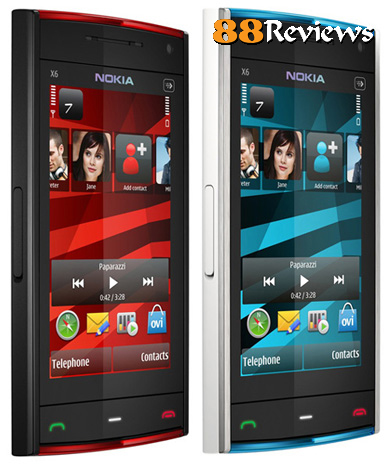A company which has embraced change throughout its 150-year history looks to reinvent itself once again. In September 2013, Nokia announces that it has entered into an agreement with Microsoft whereby Microsoft would purchase substantially all Devices & Services, the Nokia business which makes mobile phones and smartphones. The transaction is subject to approval by Nokia's shareholders, regulatory approvals and other closing conditions.
Building on the partnership with Nokia and the increasing success of Nokia's Lumia smartphones, Microsoft aims to accelerate the growth of its share and profit in mobile devices through faster innovation, increased synergies, and unified branding and marketing. For Nokia, the transaction is expected to be significantly accretive to earnings, strengthen its financial position, and provide a solid basis for future investment in its continuing businesses.
Following the transaction, Nokia plans to focus on its three established businesses, each of which is a leader in enabling mobility in its respective market segment: NSN, a leader in network infrastructure and services; HERE, a leader in mapping and location services; and Advanced Technologies, a leader in technology development and licensing.
The next chapter begins.



